Search
Search Results
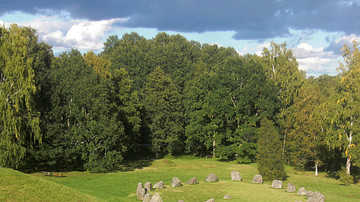
Image
Scandinavian Stone Ship Burial
Early Scandinavian burial mound marked by stones laid out in a ship-pattern - a practice that was common in Scandinavia from the Bronze Age through the Viking Age. This particular one is situated in Anundshög, Västerås, Sweden, and dates...
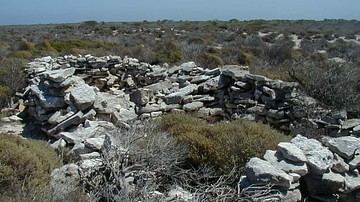
Image
Wiebbe Hayes Stone Fort
The defensive position and lookout post constructed in 1629 on West Wallabi Island, Houtman Albrolhos, off the coast of Western Australia, built by Wiebbe Hayes and his men, who had been stranded on the island during the massacre of the Batavia...
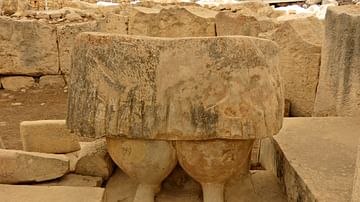
Image
Tarxien Stone Sculpture with Pleated Skirt
Mother goddess' statue with a pleated skirt found outside of the South Temple of the Tarxien Temples, Malta, c. 3000-2500 BCE.
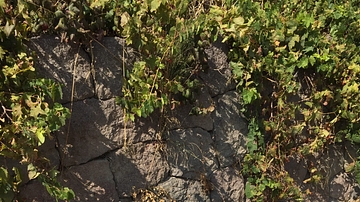
Image
Stone Coffin, Smyrna
This coffin was part of a larger necropolis in "Old Smyrna" (established in the 11th century BCE) and is believed to be from the 7th or 6th century BCE. The necropolis contained the remains of nobles who died after the attack of Alyattes...
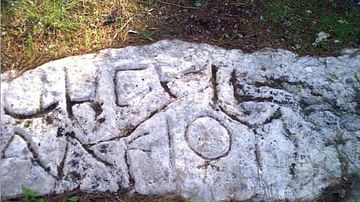
Image
Gezer Boundary Stone
One of the boundary stones from the site of Tel Gezer in modern-day Israel. These stones are believed to have been installed at the site in the Roman-period.
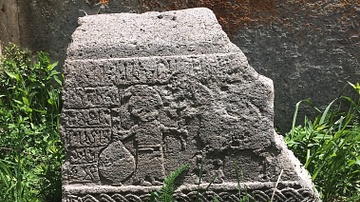
Image
Memorial Stone at Arates Monastery in Armenia
Arates Monastery in Armenia is built on top of a hill and overlooks the Arates tributary of the Yeghegis River. The monastery's name came from the combination of “ari” ("come" in Armenian) and “tes” ("see" in Armenian). It is likely that...
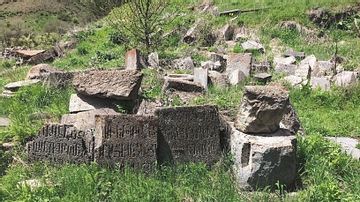
Image
Stone Ruins from Arates Monastery in Armenia
Arates Monastery in Armenia is built on top of a hill and overlooks the Arates tributary of the Yeghegis River. The monastery's name came from the combination of “ari” ("come" in Armenian) and “tes” ("see" in Armenian). The group of half-ruined...
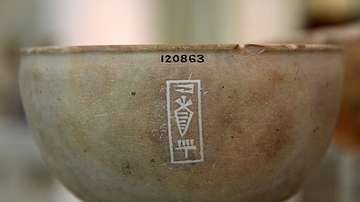
Image
Stone Bowl Inscribed with the Name of Agirgal
Agirgal was probably the name of the owner of the bowl. It was found in grave PG33. Akkadian to Neo-Sumerian Period, 2300-2100 BCE. From the Royal Cemetery at Ur, Southern Mesopotamia, modern-day Iraq. Part of objects allotted to the British...
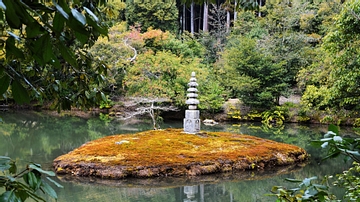
Image
Miniature Stone Pagoda at Kinkakuji Temple
Kinkakuji Temple or the "Temple of the Golden Pavilion" was constructed in the 1390s CE as the retirement palace for Shogun Ashikaga Yoshimitsu (r. 1368–1394 CE). It is surrounded by the waters of a calm pond, which contain several islands...

Image
Powhatan Stone
The Powhatan Stone, a historical marker erected by the Association for the Preservation of Virginia Antiquities in Chimborazo Park, Richmond, Virginia, USA. It was placed by the Mayo family of Richmond who once owned the property where the...